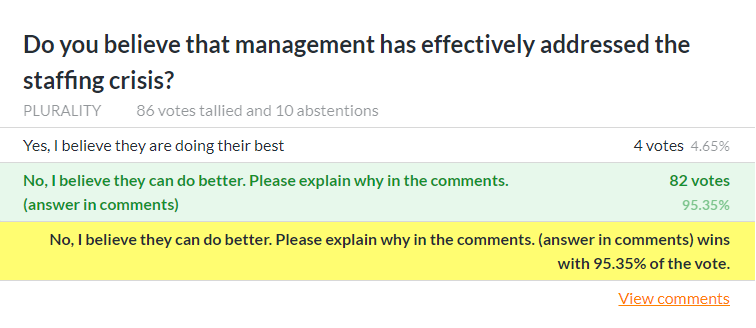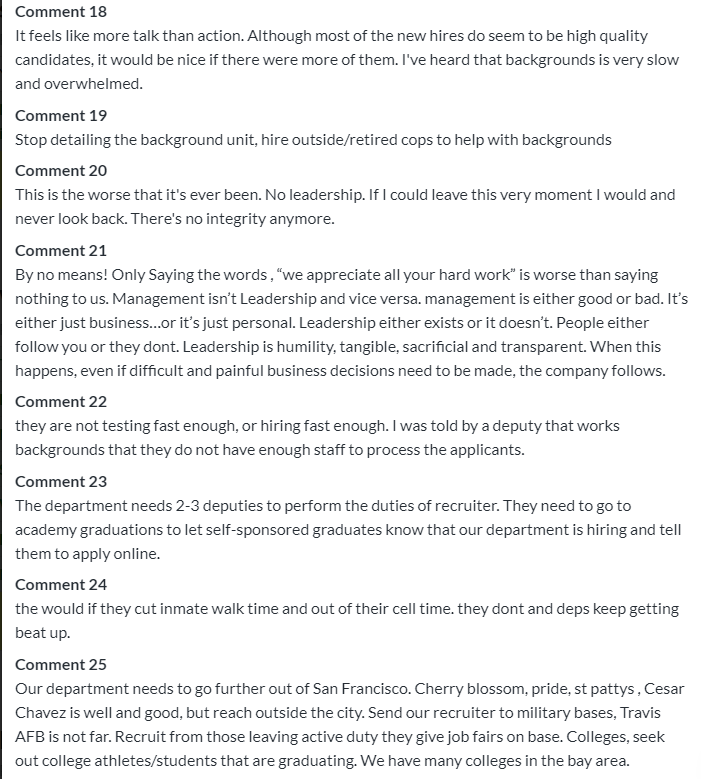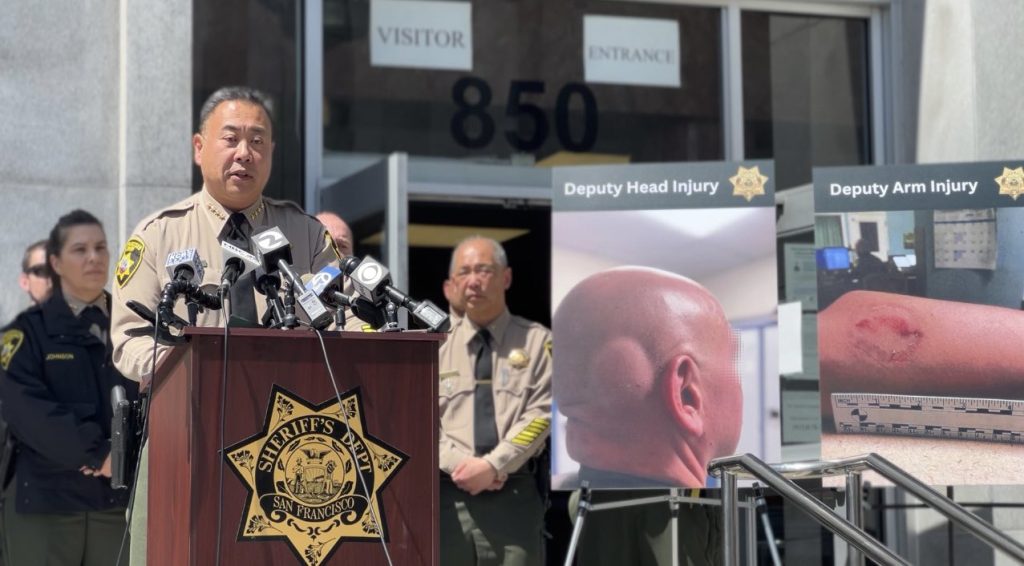In a recent open letter addressed to Mayor London Breed, Sheriff Paul Miyamoto, Board of Supervisors President Aaron Peskin, and the Members of the Board of Supervisors, the San Francisco Deputy Sheriffs’ Association (DSA) has proposed a critical solution to the severe understaffing of Deputy Sheriffs in our city. The proposal, submitted on May 23, 2024, aims to eliminate the first step of the salary schedule for Deputy Sheriffs (positions 8302 and 8504), intending to attract more applicants and, importantly, to secure higher quality candidates.
The Urgent Need for Action
As many of you are aware, our Deputy Sheriffs are operating under dangerously low staffing levels, leading to unsafe conditions for both our Deputies and inmates. Despite the DSA’s proactive efforts to assist with recruitment through advertising funded by our own association, the current pay scale for entry-level Deputies remains a significant barrier. Comparable agencies in the region offer substantially higher starting salaries, making it challenging for us to compete for top-tier talent.
Learning from the Police Department
The San Francisco Police Department has successfully addressed their recruitment challenges by increasing their starting pay, which has proven effective in attracting more applicants. Additionally, the Mayor’s Office supported this effort by implementing a $5,000 signing bonus for new police recruits, distributed as $2,500 upon completion of the Field Training Program (FTO) and an additional $2,500 upon successful completion of the probation period. This incentive underscores the importance of competitive compensation packages in attracting new talent. Currently, we lack such a signing bonus, making it even more critical to remove the first step of our pay scale to attract new applicants.
The Impact on Quality of Life and Safety
The understaffing crisis not only endangers our Deputies but also severely impacts the quality of life for inmates. The shortage of staff has led to more frequent lockdowns, disrupting rehabilitation programs, educational classes, legal interviews, and family and friend visitations. More alarmingly, violence has increased within the jails, exacerbating stress and frustration among inmates. This situation is unacceptable. San Francisco’s jails once served as a model for others, but now they face the same challenges and issues typically associated with prisons.
The Proposal
Our proposal recommends the removal of the first step in the salary schedule. By doing so, we aim to make the Deputy Sheriff position more competitive in the job market, thereby improving our recruitment capabilities and attracting more qualified candidates. This strategy has proven effective for the San Francisco Police Officers’ Association, and we are confident it will yield similar results for our Department.
The implementation of this proposal is more than just an administrative change—it is a test of our city leadership’s commitment to public safety. By offering a more attractive compensation package, we can enhance our ability to recruit and retain the best candidates, ultimately ensuring a safer and more effective environment for both our Deputies and the communities we serve.
The time to act is now. The DSA has laid out a clear, actionable plan to address the extreme shortage of Deputy Sheriffs. We urge city leadership to take immediate action on this proposal to safeguard the well-being of our Deputies and the individuals in our care. The coming weeks will reveal where our leaders truly stand on the issue of public safety.
Will they implement this critical change and demonstrate their commitment to protecting our community, or will they allow the status quo to persist, further endangering the lives of Deputies and inmates alike? The answer will speak volumes.
Stay tuned and stay engaged. The safety of our city depends on it.
Ken Lomba
President, San Francisco Deputy Sheriffs’ Association

 On May 14, 2024, the San Francisco Board of Supervisors convened a meeting on the impacts of lockdowns in the San Francisco County Jail.
On May 14, 2024, the San Francisco Board of Supervisors convened a meeting on the impacts of lockdowns in the San Francisco County Jail.
 For thirty years (1991-2021) spanning four different Sheriff’s, I served with pride as a sworn peace officer in the City and County of San Francisco Sheriff’s Department, the last four of which I had the honor to serve as Undersheriff.
For thirty years (1991-2021) spanning four different Sheriff’s, I served with pride as a sworn peace officer in the City and County of San Francisco Sheriff’s Department, the last four of which I had the honor to serve as Undersheriff. Despite clear data indicating the harmful impacts of this practice, the SFSO leadership has persisted in its reliance on forced overtime to cover budgeted attrition and maintain fiscal balance. This shortsighted strategy prioritizes financial expediency over the physical and mental health of deputy sheriffs, creating a toxic work environment and jeopardizing public safety.
Despite clear data indicating the harmful impacts of this practice, the SFSO leadership has persisted in its reliance on forced overtime to cover budgeted attrition and maintain fiscal balance. This shortsighted strategy prioritizes financial expediency over the physical and mental health of deputy sheriffs, creating a toxic work environment and jeopardizing public safety.

